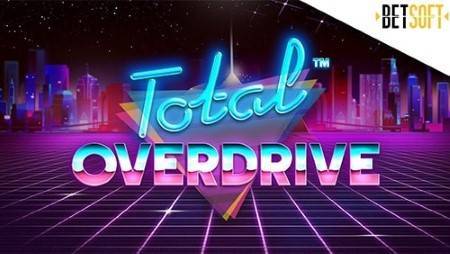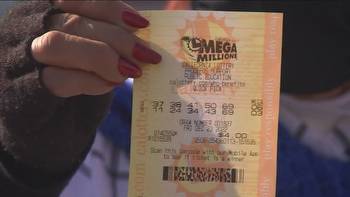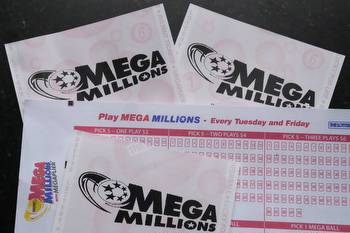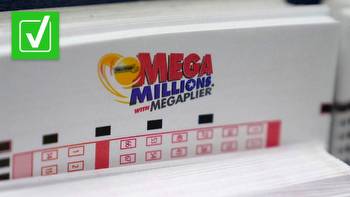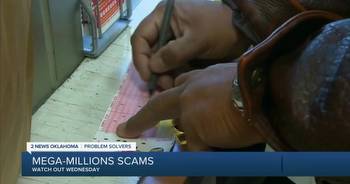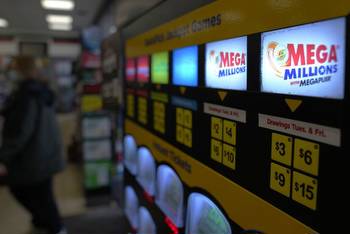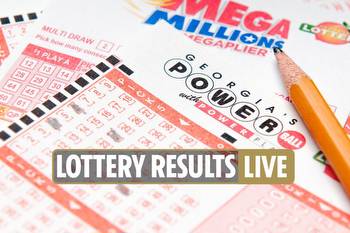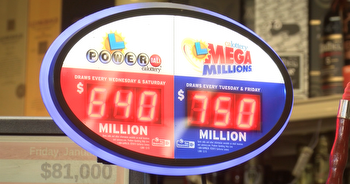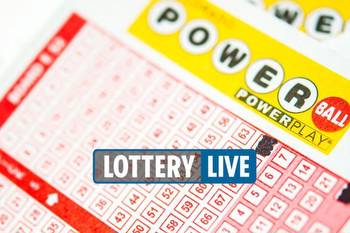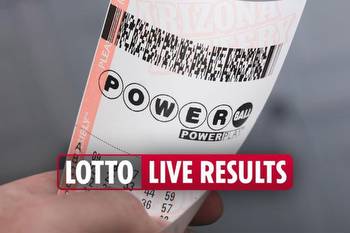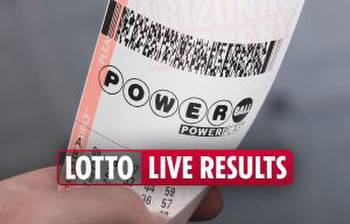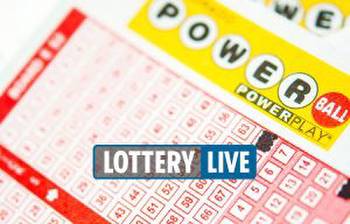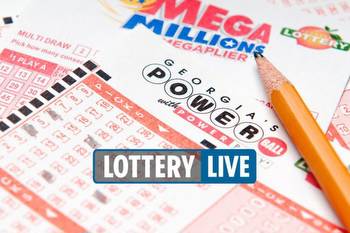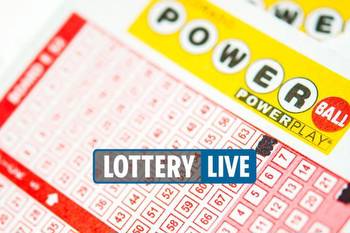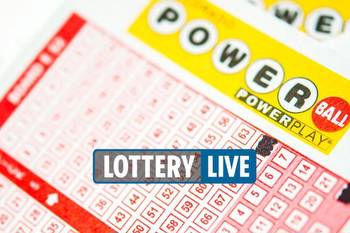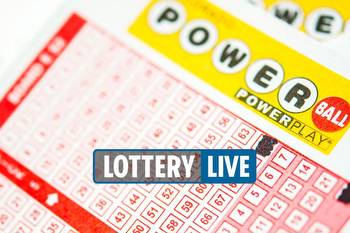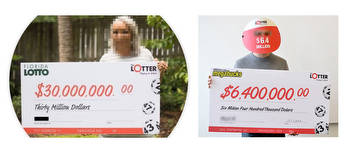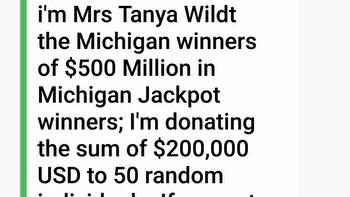Watch out for scammers as Mega Millions jackpot rises to $1.35B

The Better Business Bureau is warning customers about scammers who may be trying to take advantage of the Mega Millions jackpot rising to $1.35 billion for Friday night.
According to the BBB, scammers usually try and ask people to pay taxes or other fees upfront before they can claim their winnings.
However, once the victims make payments, the prize never comes through and the scammers are never to be found.
Another typical scam, the BBB said, is when the target receives a congratulatory letter in the mail informing them of a big win, which includes a check to cover the winnings. Victims are instructed to deposit the check and then send the money to a third party.
Instead, the check is usually fake and bounces, and the victim is out of money.
“The big Mega Millions winners will be announced on television and online,” said Melanie Duquesnel, BBB President and CEO. “Scammers will be reaching out via email, telephone, and snail mail to “inform” secondary winners of smaller prizes. Recognize the signs to protect yourself from getting scammed.”
- Be careful where you buy your Mega Millions tickets. Tickets purchased in person should be at an official Michigan lottery retailer. Make sure that the retailer has appropriate signage. You can check https://michiganlottery.com/retail_finder [michiganlottery.com] for locations near you. You can also purchase Mega Millions tickets online at MichiganLottery.com. Make sure you type in the URL yourself. Don’t trust a link sent to you via email or text.
- Don't pay up to claim your prize. You should never have to pay money or buy products in order to receive a prize. Be especially wary of requests to send money via wire, prepaid debit card, gift card or other unusual forms of payment.
- Be wary of email announcements. Major sweepstakes organizations sometimes email about smaller prizes, but for big winners they usually show up at your house with a big check (and a camera crew).
- You can't win a contest you didn't enter. You need to buy a ticket or complete an application to participate in a contest or lottery. Be very careful if you've been selected as a winner for a contest you never entered.
- Verify -- but not by using a source the scammers give you. Check if an offer is real, but don't call the phone number or link in the email or website you suspect may be a scam. If it is a con, chances are the person on the other line will be involved, too.
- Check with BBB: Learn more about lottery scams and other cons at bbb.org/scam [bbb.org]. Report scams to BBB Scam Tracker (bbb.org/scamtracker [bbb.org]).







